Every November, the LGBTQ+ community and allies come together for Transgender Awareness Week, a time to highlight the challenges faced by transgender and gender non-conforming individuals. These include barriers to healthcare, employment discrimination, safety concerns, and societal rejection. At the Bisi Alimi Foundation (BAF), this week is an opportunity to honor trans lives, spotlight our work supporting trans Nigerians, and call for collective action against the discrimination they face.
Why Transgender Awareness Week Matters
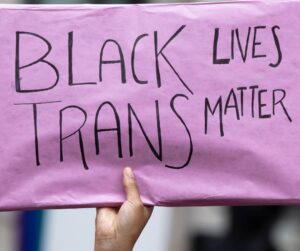 Transgender Awareness Week is not just about solidarity, it’s also a call to action. Globally, trans people, particularly trans women of color, face higher rates of violence and hate crimes than their cisgender counterparts. Nigeria is no exception. This year several LGBTQ+ individuals, including trans men and women, have faced harassment and violence, both online and offline. Disturbing videos of these attacks circulate widely, fueling stigma and fear. Just a few weeks ago, we lost a trans woman to violence. Another life cut short in a society that too often denies trans people their right to safety and dignity.
Transgender Awareness Week is not just about solidarity, it’s also a call to action. Globally, trans people, particularly trans women of color, face higher rates of violence and hate crimes than their cisgender counterparts. Nigeria is no exception. This year several LGBTQ+ individuals, including trans men and women, have faced harassment and violence, both online and offline. Disturbing videos of these attacks circulate widely, fueling stigma and fear. Just a few weeks ago, we lost a trans woman to violence. Another life cut short in a society that too often denies trans people their right to safety and dignity.
Challenges Facing Trans Nigerians
- Barriers in Healthcare: In Nigeria, accessing safe, respectful healthcare is a constant challenge for trans people. Many trans individuals avoid healthcare due to fears of mistreatment or being “outed.” Even when they seek care, healthcare providers often lack the knowledge or willingness to address their needs. This gap leaves many trans people vulnerable to untreated health issues, affecting their physical and mental well-being.
- Employment Discrimination: Discrimination begins from the hiring stage. Trans Nigerians frequently face rejection during the hiring process or feel compelled to hide their identities to secure jobs. Those who are “discovered” often experience harassment or dismissal, perpetuating a cycle of unemployment, poverty, and economic instability.
- Safety Concerns: Safety is a constant worry for transgender individuals in Nigeria. Discriminatory laws and societal attitudes create an environment where violence and harassment are common and even encouraged. Law enforcement, instead of providing protection, often contributes to these challenges through extortion and abuse.
- Societal Rejection: Deep-rooted cultural and religious beliefs in Nigeria view any deviation from traditional gender norms as “unnatural” or “sinful.” Hence, family rejection and loss of support and community is a common experience among transgender people, and this isolation can lead to homelessness or loss of financial support. This rejection creates a sense of isolation and often pushes individuals to live in secrecy.
Transphobia in the LGBTQ+ Community
While our community should ideally be a safe space, it’s a painful truth that: Even within the LGBTQ+ community, trans individuals can feel unwelcome. Transphobia manifests in exclusion, denial, and dismissing their unique experiences and struggles depending on how they present themselves. This internal divide not only alienates our trans siblings but weakens the very foundation of LGBTQ+ solidarity. If we can’t stand united, how can we expect wider society to accept us?
How BAF Supports Trans Nigerians
 Empowerment Through Education: Rainbow Academy (RA) equips trans individuals with skills in communication, advocacy, and leadership. This program helps them build confidence, amplify their voices, and navigate societal barriers.
Empowerment Through Education: Rainbow Academy (RA) equips trans individuals with skills in communication, advocacy, and leadership. This program helps them build confidence, amplify their voices, and navigate societal barriers.- Investing in Economic Opportunities: Through our partnership with The National LGBT Chamber of Commerce (NGLCC), we support trans entrepreneurs by helping them develop business ideas, access mentorship, and secure resourceslp9. This initiative encourages economic independence and stability.
How You Can Help
At BAF, we raise awareness, challenge stigmas, and push for inclusive policies to protect trans and LGBTQ+ rights.
- Educate and Advocate: Learn about the challenges transgender people face, challenge misconceptions, and push for inclusive policies.
- Speak Out: Call out transphobia wherever it appears. In conversations, online, or within our own community. Silence enables discrimination.
- Show Empathy: Listen without judgement and create safe spaces for open dialogue and trust.
Join Us in Empowering Trans Nigerians
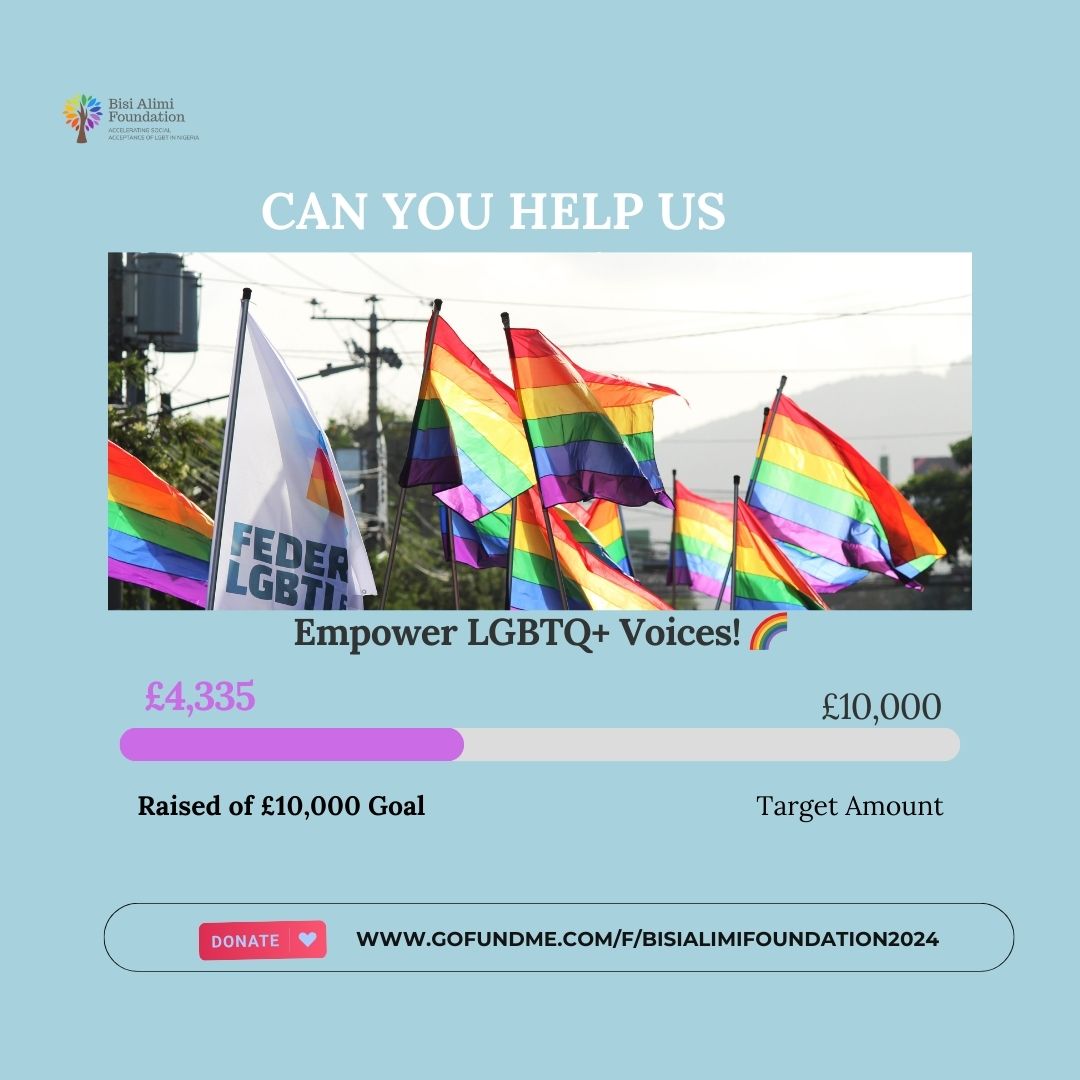 We’re working tirelessly to create safer and more inclusive spaces for trans Nigerians, but we can’t do this alone. We need you to help sustain important programs like the Rainbow Academy, which empowers trans and LGBTQ+ individuals with leadership and advocacy skills, and our NGLCC initiative, which supports trans and LGBTQ+ entrepreneurs in achieving economic independence.
We’re working tirelessly to create safer and more inclusive spaces for trans Nigerians, but we can’t do this alone. We need you to help sustain important programs like the Rainbow Academy, which empowers trans and LGBTQ+ individuals with leadership and advocacy skills, and our NGLCC initiative, which supports trans and LGBTQ+ entrepreneurs in achieving economic independence.
This Transgender Awareness Week let’s do more than acknowledge the challenges. Let’s commit to being allies not just for a moment, but for the long haul. It’s time to unlearn biases, break down barriers, and create a world where everyone feels seen, valued, and safe.
- We’d love to hear from you! Did you know that there’s always been LGBTQ representation in African history? Talk to us on social media
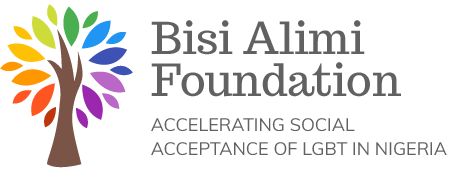

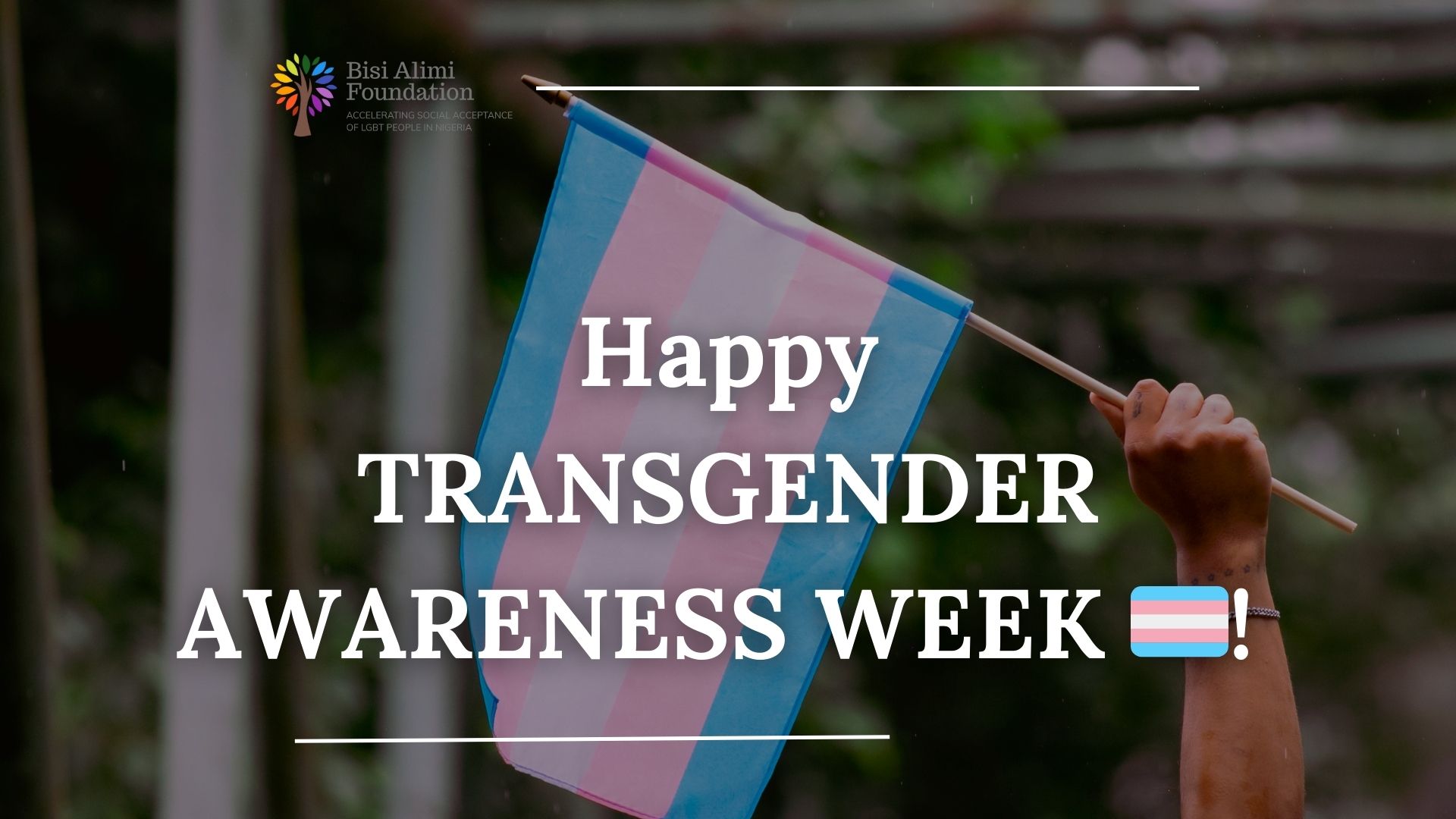
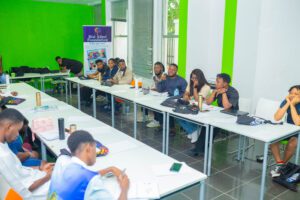 Empowerment Through Education:
Empowerment Through Education:
Recent Comments